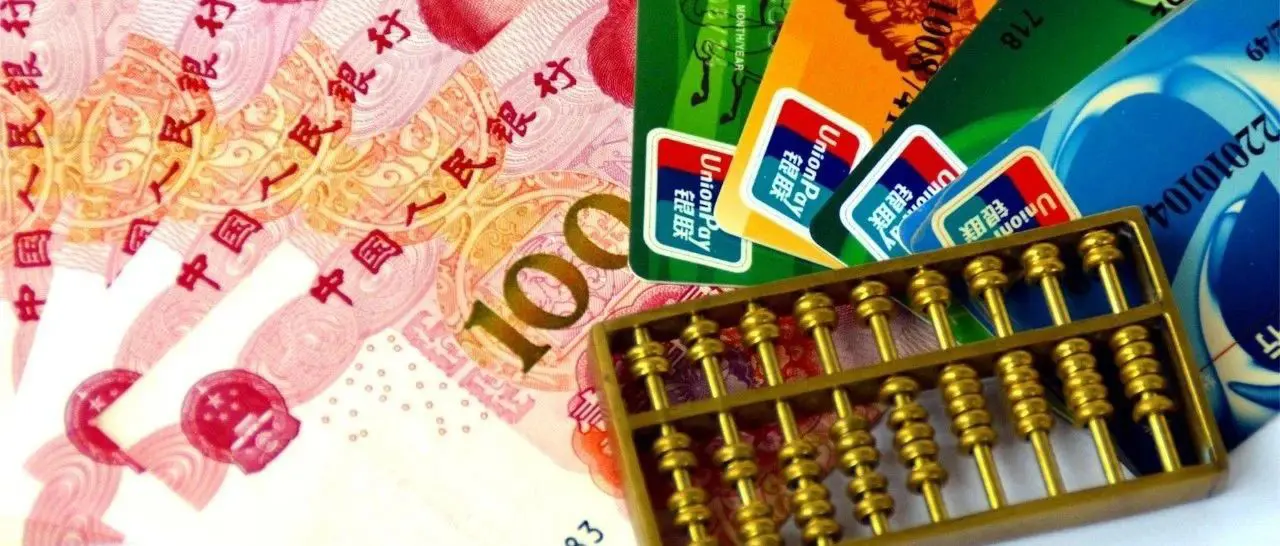Just now, the RMB broke!

On the morning of the 10th, the US dollar broke through the 7.30 yuan mark against offshore RMB, with the latest rate at 7.30 yuan, up 0.2% on the day; the US dollar against onshore RMB was at 7.30 yuan, up 0.2% on the day. Data showed that at the same time, the US dollar index broke through 106, reaching its highest level in nearly three months.
Zhu Hualei, Senior Investment Advisor at Jufeng Investment Consulting, told International Business Daily that the rise of the US dollar index usually leads to the depreciation of other currencies, causing the RMB exchange rate to depreciate passively. After Trump's election as the President of the United States, a global trade war may resurface, which is an important reason for the recent adjustment in the offshore RMB exchange rate.
Chen Xingwen, Chief Strategy Officer of Black Rock Capital, believes that the sharp rise in the dollar is closely related to the US presidential election. Trump's economic plan is considered to trigger a "reflation risk" in the US, supporting a stronger dollar and putting pressure on US Treasuries. Trump advocates for corporate tax cuts, which will support the US stock market, while domestic tax cuts, combined with tighter immigration policies and increased tariffs, will further amplify the supply and demand contradictions in the US, leading to an increase in the "reflation" risk. Repeated inflation may cause the Federal Reserve to slow down the pace of interest rate cuts, or even tighten monetary policy, benefiting the dollar and negatively impacting US Treasuries.
The short-term pressure on the RMB exchange rate will also bring about a series of chain reactions. Chen Xingwen stated that the rise in the US dollar index puts overall pressure on commodities. This is because the depreciation of the RMB often corresponds to an increase in the US dollar index, and most types of commodities are internationally priced, making their prices highly negatively correlated with the US dollar index.
Zhu Hualei analyzed that the short-term weakening of the RMB exchange rate may trigger an outflow of international capital. A depreciating RMB is beneficial for China's exports, as goods priced in RMB become relatively cheaper in the international market, enhancing the competitiveness of Chinese products. However, this also leads to increased import costs, with rising raw material prices eroding corporate profits, increasing production costs, and potentially causing short-term inflation.
However, Zhu Hualei mentioned that despite the short-term pressure on the RMB exchange rate, China's economic fundamentals remain solid. The vast market, strong economic resilience, and great potential will provide strong support for the RMB exchange rate.

